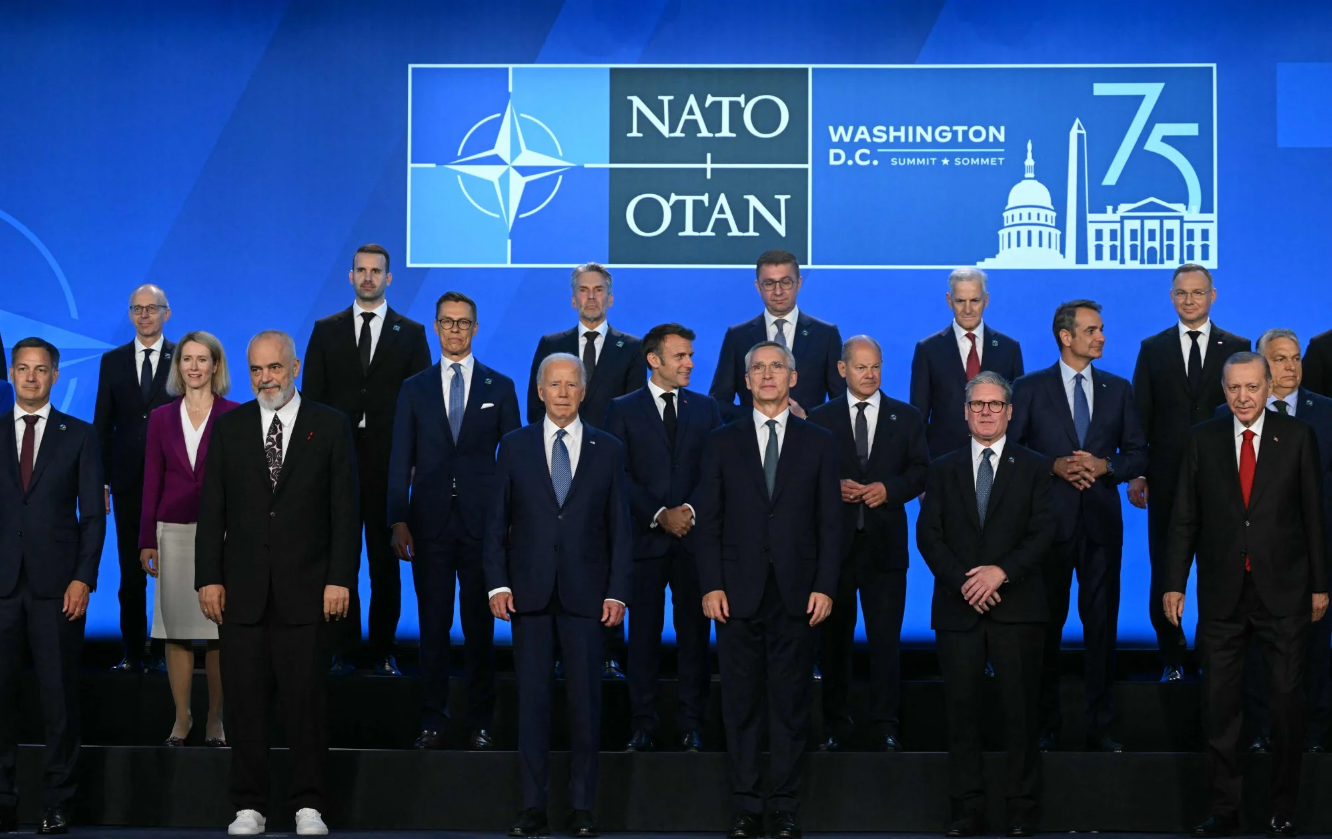
Zhang Gaosheng, Researcher at Department of World Peace and Security, China Institute of International Studies
Aug 08, 2024
The organization has become an instrument of U.S. hegemony that creates confrontation. The NATO Declaration’s statements about China are loaded with bias, stigma and provocation at a time when the world really needs a force for peace and stability.
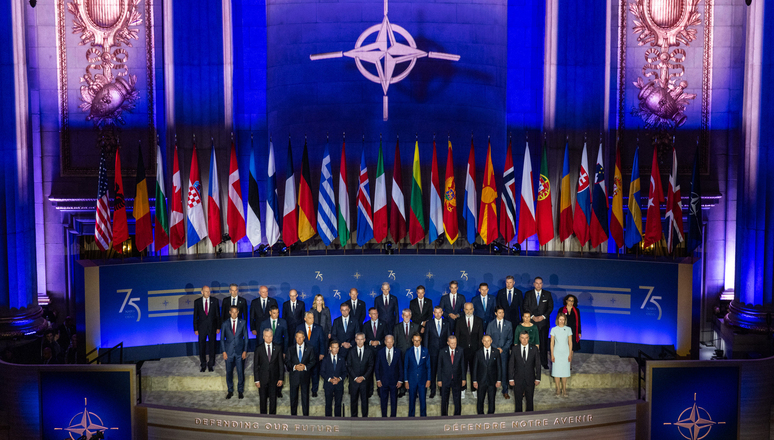
Sun Chenghao, Fellow, Center for International Security and Strategy of Tsinghua University; Munich Young Leader 2025
Jood Ghazwan Sharaf, Ph.D. candidate of International Relations and Media Director of Tsinghua International Relations Review, Tsinghua University
Aug 08, 2024
An increasing focus by the military alliance on the so-called China challenge and a pivot to the Asia-Pacific could mean that China will face an increasingly difficult strategic environment. It is essential, therefore, to exercise caution so that tensions in avoidable areas do not escalate.
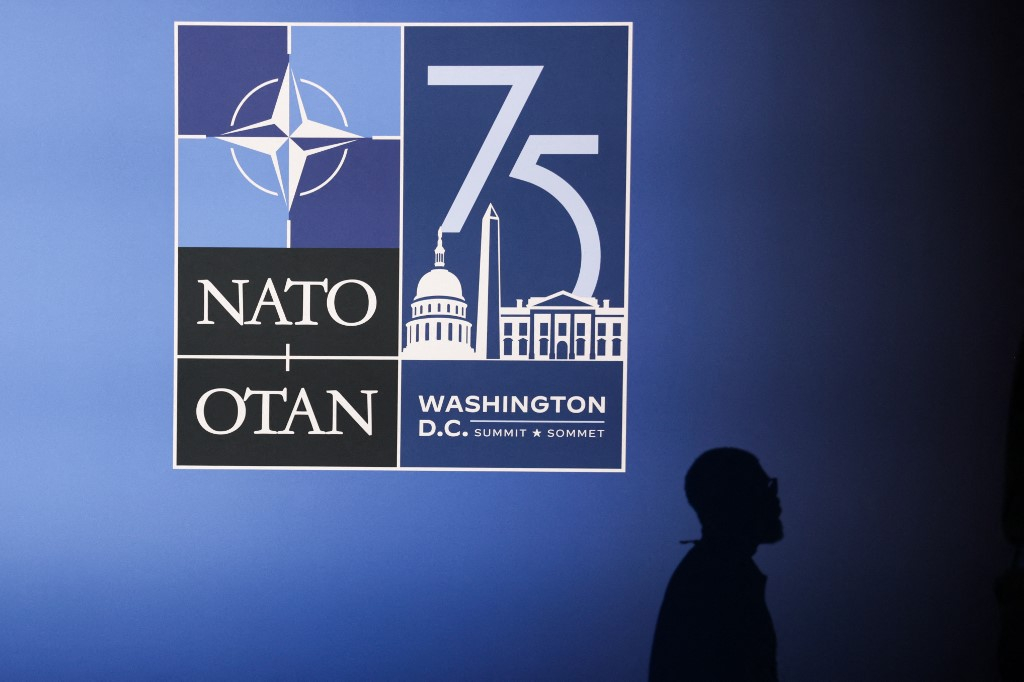
Richard Weitz, Senior Fellow, Hudson Institute
Jul 31, 2024
Chinese policies impacting the security of the North Atlantic region, which extends from Europe and North America to the Arctic and the Mediterranean, invariably deepen NATO’s interest in Indo-Pacific stability.
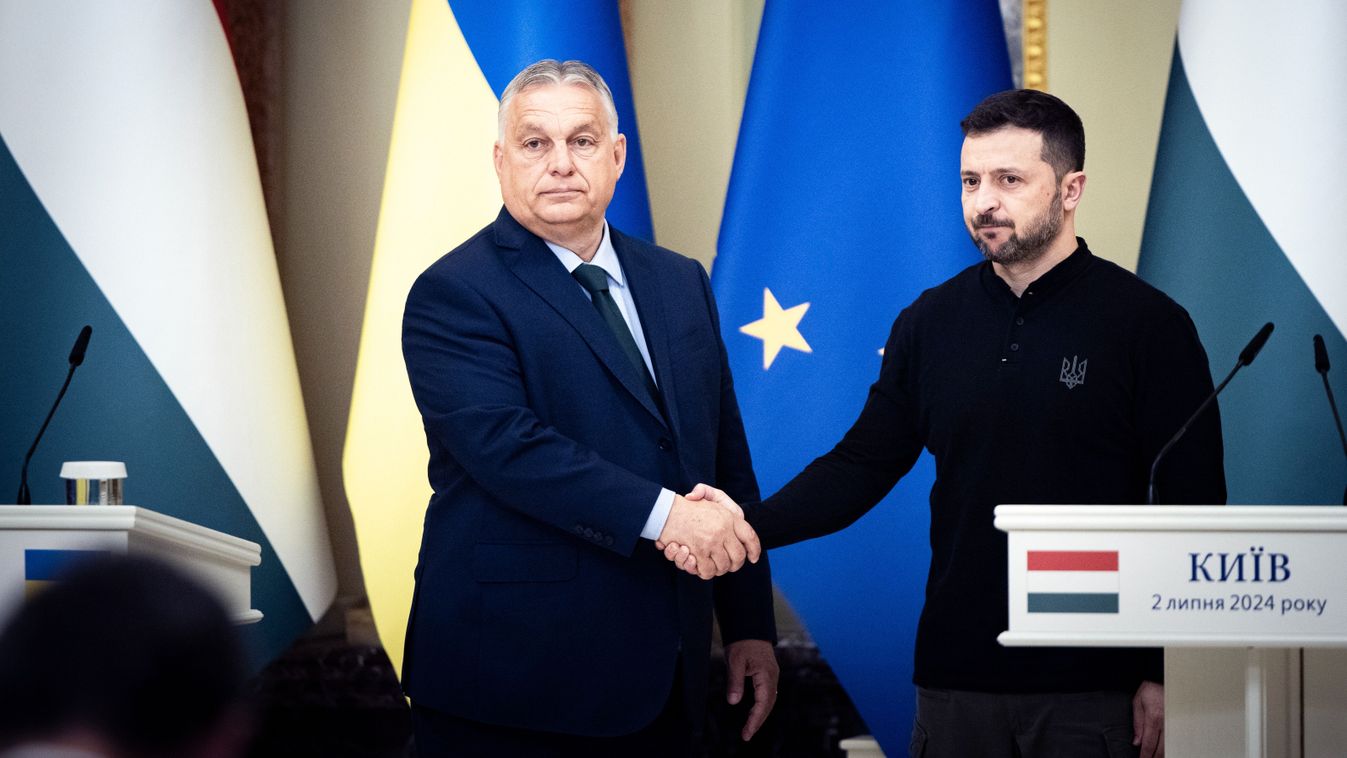
Xiao Bin, Deputy Secretary-general, Center for Shanghai Cooperation Organization Studies, Chinese Association of Social Sciences
Jul 25, 2024
NATO formally took a hard stance against Russia at its Washington summit, dampening the initiative. But without a rational understanding of responsibility for the war, peace in Europe will remain elusive, and security issues may spill over into Asia.
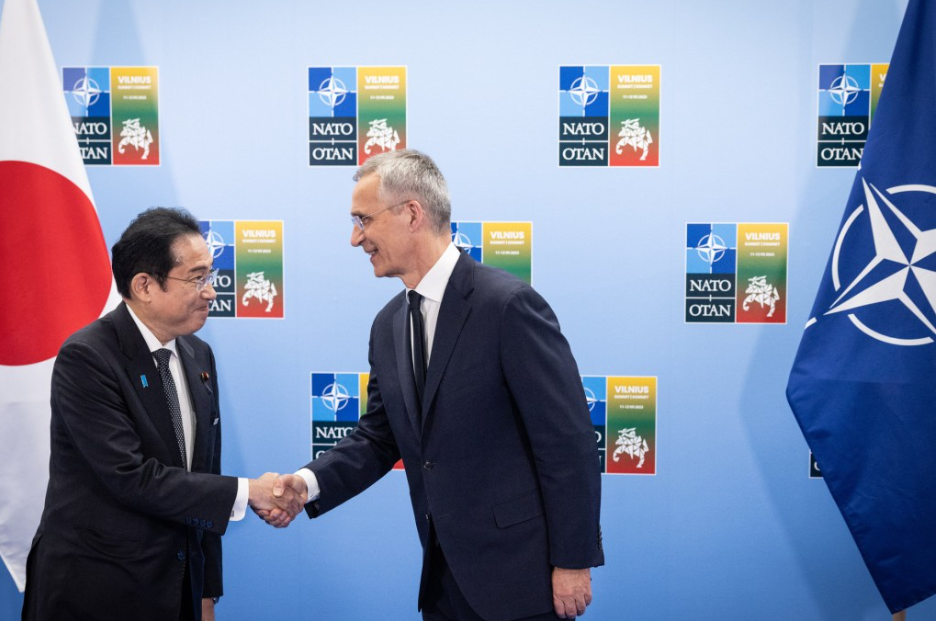
Sebastian Contin Trillo-Figueroa, Geopolitics Analyst in EU-Asia Relations and AsiaGlobal Fellow, The University of Hong Kong
Sep 29, 2023
Since the end of World War II, the West’s hegemonic power has been synonymous with the NATO alliance. Decades later, the scope of NATO’s cause has expanded far beyond the “North Atlantic,” and is now locking horns with an ascendant China.
Zhang Yun, Professor, School of International Relations, Nanjing University
May 16, 2023
Extended deterrence by the U.S. and ROK, as well as the framing of security as a regional issue requiring alliances, illustrates the spread of NATO-style security thinking. From China’s perspective, this will result in a further imbalance in the region’s security order and requires resolute opposition.
Leonardo Dinic, Advisor to the CroAsia Institute
Dec 22, 2022
As the U.S. seeks to advance its position and strengthen the U.S. dollar global dominance, it is also facing challenges and an anti-hegemonic sentiment from other states. Events such as the war in Ukraine, tensions between the U.S., Russia, and China, as well as new strategic partnerships developed between China and Europe, Latin America, and Africa, are driving forces in the shift of balance of power to non-Western nations.
Brian Wong, Assistant Professor in Philosophy and Fellow at Centre on Contemporary China and the World, HKU and Rhodes Scholar
Jul 29, 2022
NATO’s global hegemony has gone unchallenged since the fall of the USSR decades ago. Now, with China’s rise to global prominence and arguably the second most powerful nation in the world, can NATO avoid another Cold War-style showdown on the global stage?
Sun Chenghao, Fellow, Center for International Security and Strategy of Tsinghua University; Munich Young Leader 2025
Jul 13, 2022
A significant step in the Biden administration’s effort to realign NATO is the attempt to link the Atlantic and Pacific strategies. The U.S. is doing this in part by amplifying the so-called China threat in the Asia-Pacific and exporting the NATO concept of alliances against big powers.
Yang Yao, Professor, China Center for Economic Research and the National School of Development at Peking University
Apr 05, 2022
The Ukraine war has put China in a bind. As a friend of both Russia and Ukraine, China has no desire to pick a side. On the contrary, conventional Chinese wisdom dictates that, when two friends fight each other, the primary objective must be to end the conflict through mediation. While China’s balanced stance has aroused more than a little suspicion, it could end up hastening the end of the war – and easing tensions with the United States.